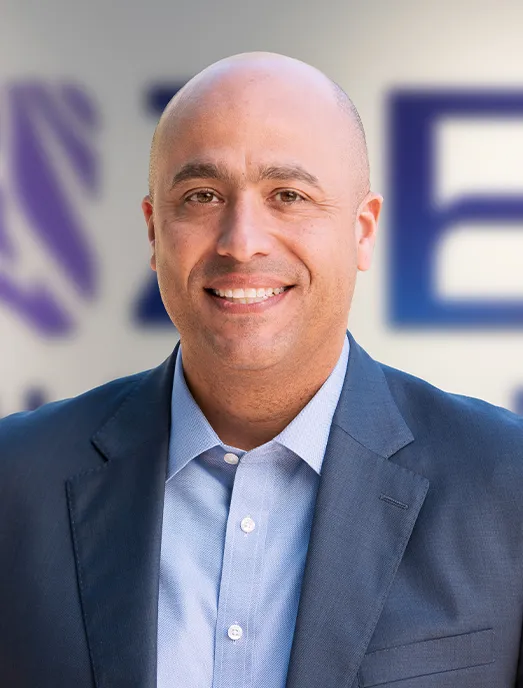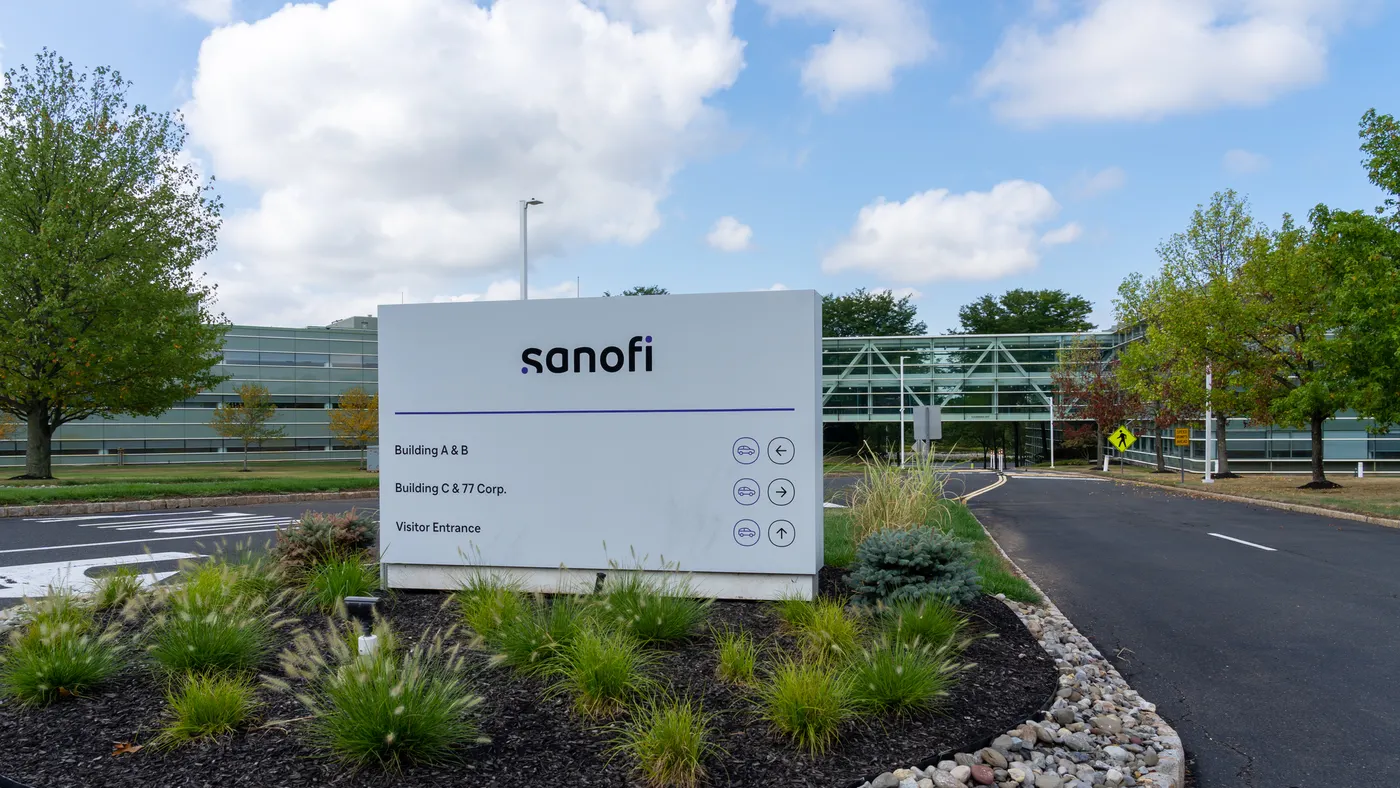
Musk’s rare disease torpedo, hospitals’ pharma fix and other policies leaders are tracking
Not long after the presidential election passed, a new wave of uncertainty hit pharma — this time regarding the policy shifts brought on by the change in leadership.
At this year’s J.P. Morgan Healthcare Conference in San Francisco, PharmaVoice asked several industry leaders about the critical policy developments they’re tracking in 2025, many of them beating the same drum. With president-elect Donald Trump back in the White House, executives want to know how his picks for top agency positions will impact pharma and if the industry now has a better shot at scoring the changes to the Inflation Reduction Act they’ve been clamoring for.
“One of the biggest questions in the industry is about the new administration, how the IRA is going to evolve and if small molecules are going to be incentivized,” said Catherine Owen Adams, CEO of Acadia Pharmaceuticals, a biopharmaceutical company focused on neuroscience. “I feel very positive we can work with the new administration [to discuss] why some parts of the IRA need to be amended.”
But the IRA isn’t the only regulatory cloud hanging over the industry. Here are some of the other key policies pharma leaders are watching closely.
Bursting hospitals’ 340B bubble?
When it was launched in 1992, the 340B Drug Pricing Program was designed to establish a cost safety net for lower-income patients. Pharma companies would sell drugs at deep discounts to hospitals in vulnerable communities and in return, those savings would be passed on to patients.
But as the program has grown, so have the allegations that many hospitals aren’t keeping up their end of the deal.
“The program has been manipulated by hospitals to lead to widespread applicability for 340B pricing. That’s not appropriate and pharma is trying to take a stance against that,” said Blair Jackson, chief operating officer at Alkermes, a commercial-stage neuroscience company.
“[340B is] the biggest discount in pharma. It’s not how it was meant to be used."

Blair Jackson
Chief operating officer, Alkermes
Sales of drugs covered under the program swelled from $4 billion in 2007 to $38 billion in 2020 — about 7% of the U.S. drug market — and are still on the upswing. Along the way, some hospitals have leveraged their 340B status “illegally” to boost their bottom line, according to PhRMA.
“Profits from 340B markups now make up 10% of what is spent on brand medicines — that’s nearly $65 billion going to pad the profits of big hospitals, clinics and for-profit companies,” PhRMA states.
“It’s the biggest discount in pharma,” Jackson said. “It’s not how it was meant to be used and now it’s becoming a profit center.”
PhRMA has called for more guardrails in the program along with oversight in how the money is spent, and Jackson said there could be legislative momentum in the coming year to start discussions or potentially introduce bills that would refine the program.
But Ken Keller, CEO and president of Daiichi Sankyo’s U.S. business, is less optimistic that change is on the way.
The 340B program accounts for about 50% of sales for the company’s blockbuster antibody-drug conjugate Enhertu, Keller said. And although the program is intended for low-income hospitals, he noted that several facilities in affluent communities, such as Cedars-Sinai Medical Center in Beverly Hills, have 340B status. Yet, because of the critical role hospitals play in American communities and the hospital industry’s steadfast support for 340B, Keller said changing the system will be tough.
“I see incredible resistance to touching the program because many hospitals have become addicted to it,” Keller, who also holds a board position at PhRMA, said. “They leverage it to make sure they stay in the black … and I don’t see an end in sight.”
Rare disease R&D and the Musk effect
With a potential government shutdown looming, Congress appeared poised to pass a large bipartisan funding bill last December. And then Elon Musk took to X to blast various aspects of the bill, sending legislators scrambling to retool the stopgap funding measure. Ultimately, lawmakers reemerged with a dramatically slimmed-down version of the bill that left a broad range of programs on the cutting room floor.
Among the slashed provisions were several funding initiatives for medical research including an extension of the rare disease priority review voucher program through the Give Kids a Chance Act. Originally set to expire in 2024, the act would have extended the program, which incentivizes rare disease drug development for pediatric indications, another five years.
Through the program, the FDA awards vouchers to companies that win an approval for a rare pediatric disease. Those companies are then allowed to sell the vouchers to other drug developers that can use them to request a six-month review period from the FDA instead of the typical 10-month span.
While critics have claimed the program gives the industry a handout, pharma companies and many patient advocate groups maintain that it helps spur innovation.
With the FDA planning to sunset the program in December 2024, valuations for priority review vouchers have increased from their historical average of $100 million. In November, Acadia Pharmaceuticals sold a voucher it won after scoring an FDA nod for a Rett syndrome drug in 2023 to an undisclosed buyer for $150 million.
Gene therapy specialist Regenxbio is following the issue of priority review voucher renewal closely, the company’s chief medical officer, Dr. Steve Pakola, said.
Earlier this week, Regenxbio announced a partnership with Nippon Shinyaku to develop and market two late-stage candidates. Although Nippon would lead commercialization, Regenxbio would retain the rights to any priority review voucher it wins upon drug approval, which could come up “later this year,” Pakola said.
But at the moment, the program’s future appears in doubt. The government funding bill passed in December will expire in March, teeing up another legislative showdown over government spending this year. With the Trump administration vowing to make dramatic cuts to funding, and Musk positioned to be at the forefront of those efforts, there’s little hope among legislative watchdogs that programs axed from the initial funding bill will make a comeback in the next round of proposals.
Debate surrounding the Orphan Drug Act, another initiative created to spawn R&D momentum for rare diseases, could also be brewing. Under the program, companies that win an orphan drug designation are entitled to seven years of exclusivity for newly marketed drugs, also barring the FDA from approving other treatments with the same active ingredient for the same indication.
But the agency plans to instead apply the designation to indications rather than drugs, which would allow more competition into the market, according to Richard Daly, CEO and president of the rare disease company Catalyst Pharmaceuticals.
While those pushing for the change argue it would create more opportunities for innovation, Daly said an indication-focused approach is “antithetical to the Orphan Drug Act” and would “kill investment.”
In 2021, Catalyst challenged the FDA’s approval of another company’s drug indicated for the same disease treated by its own therapy, Firdapse. A court sided with Catalyst, and the agency set aside its approval for the rival treatment, marketed by Jacobus Pharmaceutical.
But for the rest of the industry, the FDA indicated it plans to stick to its guns. In 2023, the agency issued a notice to “address the uncertainty” created by the Catalyst decision, saying that although it complied with the court, it plans to apply orphan drug exclusivity to indications rather than specific drugs.
Although Daly said the company has policy professionals working with the FDA and legislators to make sure the “voices of the rare disease community” are heard, he doesn’t feel like regulatory momentum is “going in the right direction” to keep the Orphan Drug Act focused on new therapies.















